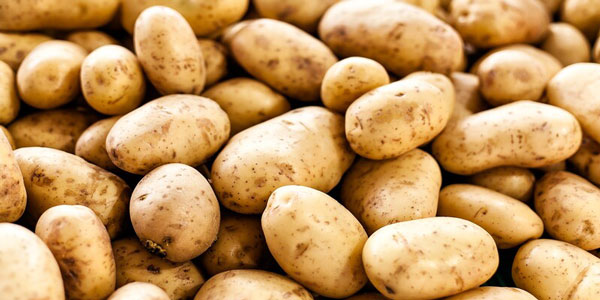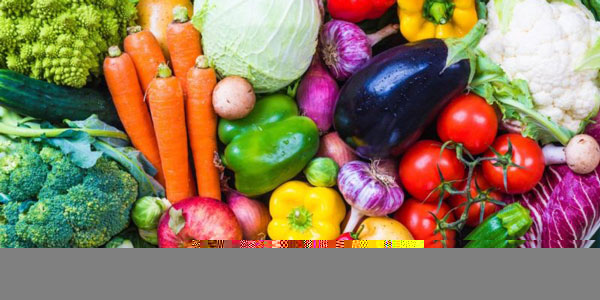I find it intriguing that certain meals take more calories during digestion than they provide. Celery is known for this. Celery is a "negative-calorie" food, yet consuming and digesting it adds calories. Weight-loss and diet-improvement enthusiasts like this approach. This article will investigate whether celery decreases calories and the evidence behind it.
The concept that celery helps you lose weight has spread, but research is needed. This article will explain celery's nutritional value, how it affects digestion and calorie expenditure, and if it may help you lose weight.

The Negative-Calorie Concept:
Some "negative-calorie" foods, like celery, need more energy to break down than they contain. They lose calories while being eaten and digested. Since each stalk contains a few calories, celery is often used as an example. This hypothesis must be rigorously investigated due to metabolism's complexity and science.
The "negative-calorie" concept has sparked weight and nutrition debates. Some meals have a higher thermic effect of food (TEF)—the energy expended during digestion—but it's crucial to establish whether they're "negative-calorie." Whether celery loses calories depends on its nutritional makeup and TEF.
The Nutritional Profile of Celery:
Before examining if celery causes a calorie loss, understand its nutritional worth: Celery's water and fiber fill and hydrate meals and snacks. Mostly carbohydrates, each stalk offers six calories. Celery contains vitamin K, potassium, and folate.
Celery is a popular calorie-reduction meal since its water and fiber content fills you up. Celery alone isn't nutritious. Due to its low-calorie content, it may not provide enough energy or essential nutrients. Hence, a varied diet is advised.
The Thermic Effect of Food (TEF):
Celery burns more calories than it contains depending on the thermic effect of food (TEF), or the "thermic effect of feeding." Digesting, absorbing, and metabolizing food requires TEF. TEF has different carbohydrates, lipids, and proteins. Digestion energy accounts for most protein calories.
Food TEF exists, although diet impacts differ. Macronutrients alter meal thermal effect. When evaluating whether celery burns more calories than it contains, we must consider its nutritional content and TEF.
Studies on Celery's Caloric Impact:
Scientific research has studied whether "negative-calorie" vegetables like celery may reduce calories. Many studies have evaluated celery's calories and if digestive energy exceeds them.
Critically evaluate these studies. Celery's low-calorie and fibrous composition may increase its thermic effect, although small. Celery may not cut enough calories to lose weight. These studies' controlled conditions may not reflect real-world settings. Thus, their limitations must be acknowledged.
Celery's Role in Weight Management:
Celery may help regulate weight without cutting calories. Consuming celery with meals may reduce appetite and calories. High-fiber, low-calorie veggies like celery may aid weight loss. Celery supplements a balanced diet with vitamins, minerals, and water. It complements other nutritious meals and maybe half a portion-controlled, even, and calorie-aware weight program.

Balancing Celery with Nutrient-Rich Foods:
When trying to lose weight with celery, remember that no one item can give every vitamin and mineral your body requires. Celery should be part of a varied, nutrient-rich diet. Balanced diets with lean proteins, entire grains, fruits, vegetables, and healthy fats provide a variety of critical elements.
Celery may be paired with protein and good fats for a balanced meal. Celery with peanut butter or hummus provides protein and nutritious fats to fill it more. To support your weight and wellness management objectives, consume a range of nutrient-dense meals with celery.
The Importance of Moderation:
Celery is a healthy addition to your diet, but moderation is key. Celery is a low-calorie vegetable, but focusing on one variety may not provide your body enough nutrients. Excessively rigid diets are generally unsustainable.Moderation is key to healthy eating and weight management. Choosing a variety of meals and watching portion sizes is better than depending on celery or other single items to save calories.
Losing weight and improving health need a reasonable and balanced diet. By following this method, you may lose weight while giving your body the entire range of nutrients it needs to operate well. Healthy eating is a lifetime, not a fast cure, and it's about variety and balance.
Celery with Complementary Foods:
Celery is a healthy, low-calorie vegetable, but it needs complimentary dishes to make a balanced meal. Celery tastes better and is healthier when mixed with other foods. By adding protein-rich foods like peanut butter or hummus to celery, the meal becomes more filling and tasty.
Combining celery with healthy fats like avocado or olive oil boosts its nutrients. Nutrition from diverse food categories works together to provide a greater variety of vitamins and minerals while keeping calories low.
Portion Control Matters:
Weight management requires portion control. Celery is low in calories and healthful, yet overeating any item may increase calorie consumption. Be aware of portion proportions to maximise celery's weight control advantages.
Celery stalks give nutrients and fibre in a serving. Portion management lets you enjoy celery without gaining weight. The practise of mixing celery with other foods to produce balanced meals helps reduce overeating.
Sustainability and Weight Management:
Any weight control plan needs sustainability. Short-term diets or excessive limits may help you lose weight quickly, but they're hard to sustain. Instead, adding celery to a balanced diet of nutrient-rich foods makes weight loss sustainable and achievable.
Sustainable weight management involves long-term weight maintenance, not only weight loss. A balanced diet including celery and other healthy vegetables supports general health and makes weight management simpler. This method helps you reach your weight goals and stay healthy.
Conclusion:
In conclusion, the notion that celery may burn more fat than it contains is intriguing, but its practical use may not match that of a "negative-calorie" diet. Celery, a low-calorie, high-fiber vegetable, may help control weight by promoting fullness. In terms of calorie expenditure, celery meal has a little thermic impact.
Whether celery causes a net calorie loss must be considered objectively. Celery may aid in weight reduction, but it is not a miracle drug. Instead, it may promote a balanced diet emphasizing nutrient-rich meals, portion management, and calorie monitoring. By eating moderately and balanced, you may reach your weight and fitness goals while getting the nutrition your body needs.




